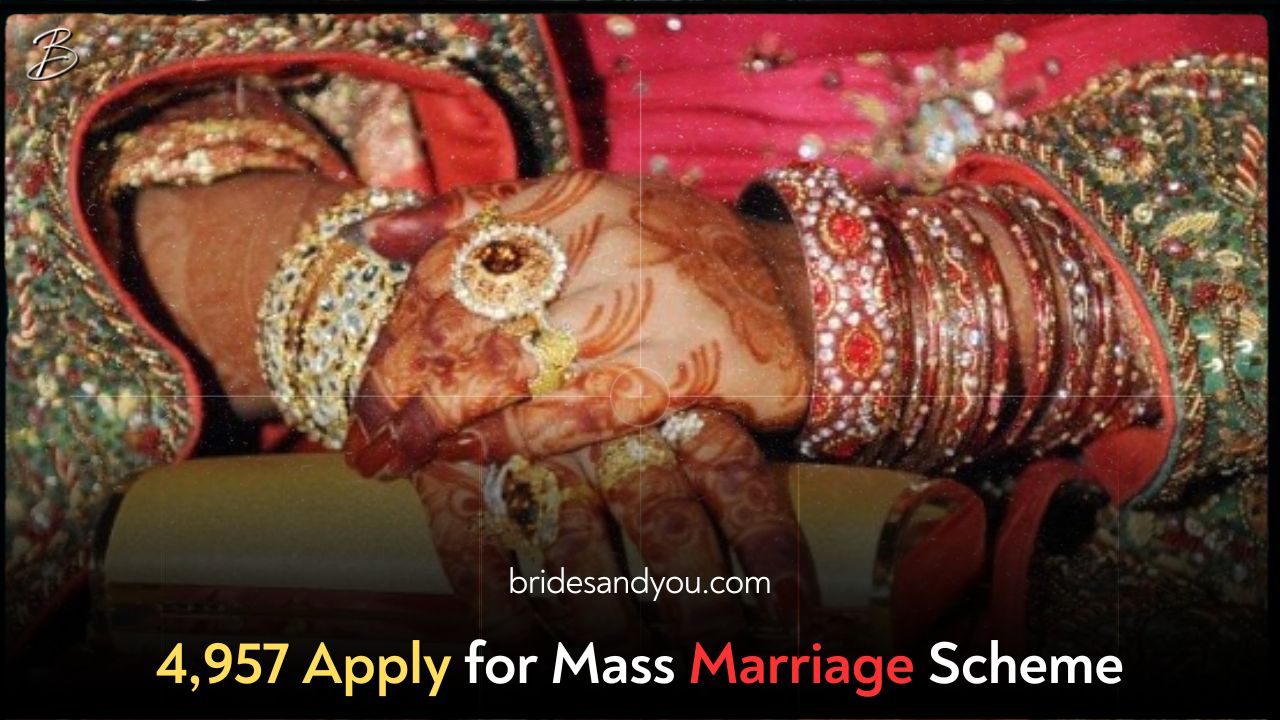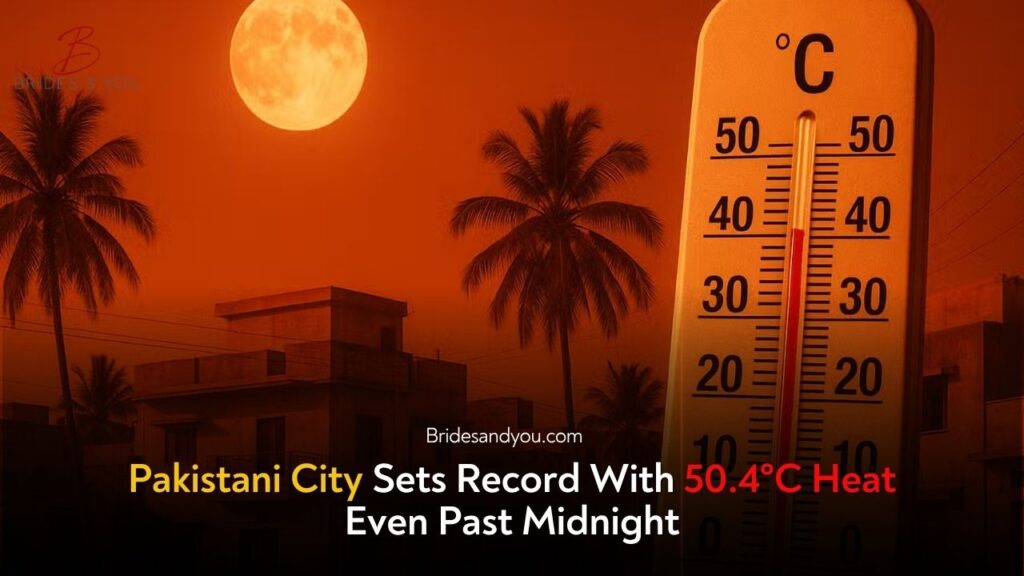Now Reading: Dhee Rani Programme: Transforming Lives Through Mass Marriages in Punjab
-
01
Dhee Rani Programme: Transforming Lives Through Mass Marriages in Punjab
Dhee Rani Programme: Transforming Lives Through Mass Marriages in Punjab

In a remarkable step toward social welfare, the Government of Punjab has successfully concluded the registration phase for its groundbreaking Dhee Rani Programme. Designed to assist underprivileged families, this initiative focuses on mass marriages for girls from low-income households, ensuring a brighter future for thousands across the province.
Key Highlights of the Programme
- Massive Participation
- A total of 4,957 applications were submitted via the Punjab Information Technology Board (PITB) portal by the deadline of November 15.
- The initiative targets 1,500 couples in its first phase, backed by a government allocation of 500 million rupees.
- Over the programme’s span, a budget of 1 billion rupees will cover 3,000 mass marriages.
- Demographics of Applicants
- Around 70% of applicants are women aged between 18 and 25.
- The majority of applications were received from Muzaffargarh (307) and Lahore (269), while Gujrat reported the lowest number at just 15.
- Inclusive and Compassionate Approach
- Priority is given to orphaned and destitute girls and daughters of disabled individuals.
- The programme is open to women aged 18 to 40, providing hope and support to a wide age group.
Leadership and Vision
Provincial Minister for Social Welfare and Baitul Mal, Sohail Shaukat Butt, emphasized the importance of this initiative in fostering positive societal change. He highlighted the leadership of Chief Minister Maryam Nawaz Sharif, whose vision for marginalized communities drives the programme forward.
“This initiative is not just about financial aid—it’s about ensuring dignity and happiness for those who deserve it the most,” he stated.
Future Plans
The second phase of the Dhee Rani Programme is set to begin soon, offering opportunities to couples who could not be accommodated in the first phase. This ensures continued support for the underprivileged across Punjab.
Impact of the Dhee Rani Programme
This initiative is more than a social welfare programme—it represents hope for thousands of families. By addressing financial barriers to marriage, it:
- Promotes social harmony.
- Uplifts marginalized communities.
- Encourages community bonding through collective celebrations.













